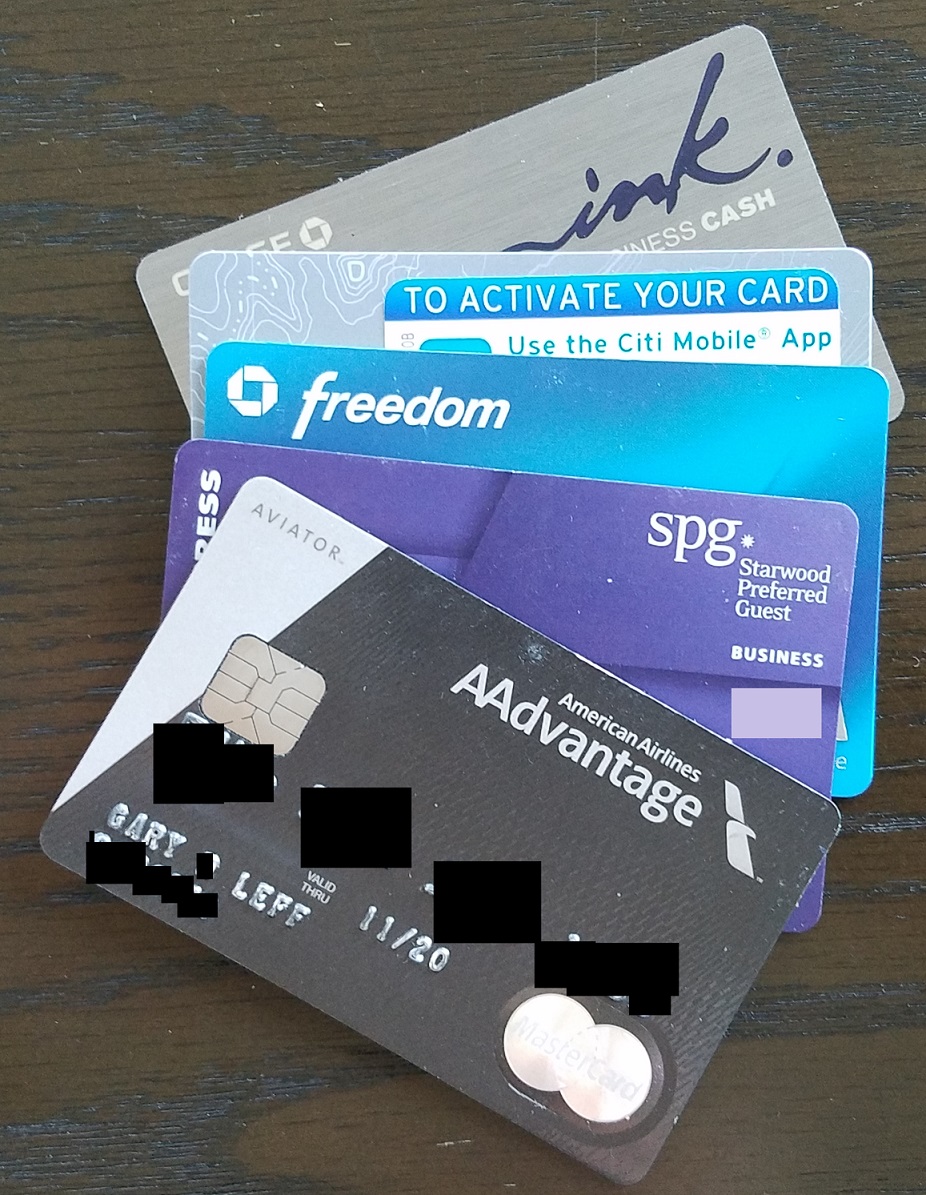While we’re all paying attention to whether or not the federal government will regulate interchange, making credit cards less profitable and therefore removing the reason why banks offer such rich rewards, there’s another threat to credit card rewards that nobody is talking about.
As banks have revealed risks, moving from the crisis of the Great Recession to the fragility of the past year (where large entities like Silicon Valley Bank have become insolvent), regulatory capital requirements (as a buffer against potential losses) have made it harder to issue credit cards because banks haven’t had the available funds to lend.
And in order to access funds for lending, banks are increasingly looking to private equity. That lets them still generate interchange revenue, and earn a return servicing loans, but not actually earn the APR.
Banks make money in basically two ways, aside from fees:
- Merchant swipe fees when a purchase is made
- Lending when a consumer doesn’t pay the purchase off in full right away

On average credit cards return about 60% of interchange to the consumer, though the best consumer cards can rebate the full value of those swipe fees. The bet is that the bank will make money on revolving debt.
That’s not always true – a card like Sapphire Reserve may target affluent consumers who do not revolve much. Historically American Express required consumers to pay off their cards in full each month. Now they increasingly look to earn a return on financing as well.
Barclays sold $1.1 billion of its credit card assets to private equity firm Blackstone. Barclays manages and services the loans but Blackstone earns off the interest. Other banks – even Chase – are looking at similar financing deals. Willie Sutton said he robbed banks because that’s where the money is but increasingly that’s not where the money that can be used in an unconstrained manner is.

Private equity financing allows a bank like Barclays to issue more cards, but makes that issuance less profitable (some of the profit goes to Blackstone). By the way, the constrained balance sheet is why Barclays was never in a position to take on the whole American Airlines co-brand portfolio, and why their best case scenario was sharing the arrangement with Citibank.

Lower returns from issuing these cards have an impact on consumers. Banks will either need to charge higher fees (note that the CFPB just capped late fees and banks would on average see a 75% reduction) or lending rates, or spend less on customers, including through rewards.
In some sense regulatory capital requirements play a similar role to interchange caps, limiting the ability of banks to earn a return on their products. In order to access outside capital, they have to give up return, so they’ll spend less attracting business that in turn earns them less. For now, it’s simply a trend to watch.
(HT: Money Stuff)


Great! Another way the Government can take the measly rewards Americans EARN and hand them off to “investors”. Thanks Uncle Sam!
Credit card points are the new form of extreme couponing. It’s an embarrassment for high end people to be involved in it.
A savvy consumer of credit cards might be able to extract $10k a year in value after hours of researching on the web and waiting on hold with foreign airline ticketing call centers. Why not just negotiate a $20k raise?
@HCF: I can’t say I’ve ever been embarrassed by having flown my family everywhere for close to free for the past 30 years. Rather, I’d be embarrassed to pay what the airlines are asking for business class seats.
In the real world, frugality is more fashionable than profligacy. But you do you.
Credit card lending by banks has long been financed by securitization of credit card financing/receivables. Private equity players by whatever name have been around that credit card financing/receivables scene for just about as long as that securitization has been going on.
@HCP Why not do both? Also that $20k raise is subject to your marginal tax rate (which for most “HCPs” I would assume to be 32% or greater); the $10,000 in credit card rewards (which is a conservative estimate) would yield no tax liability.
High class, lmao. Is that really how you view yourself? And yet here you are.